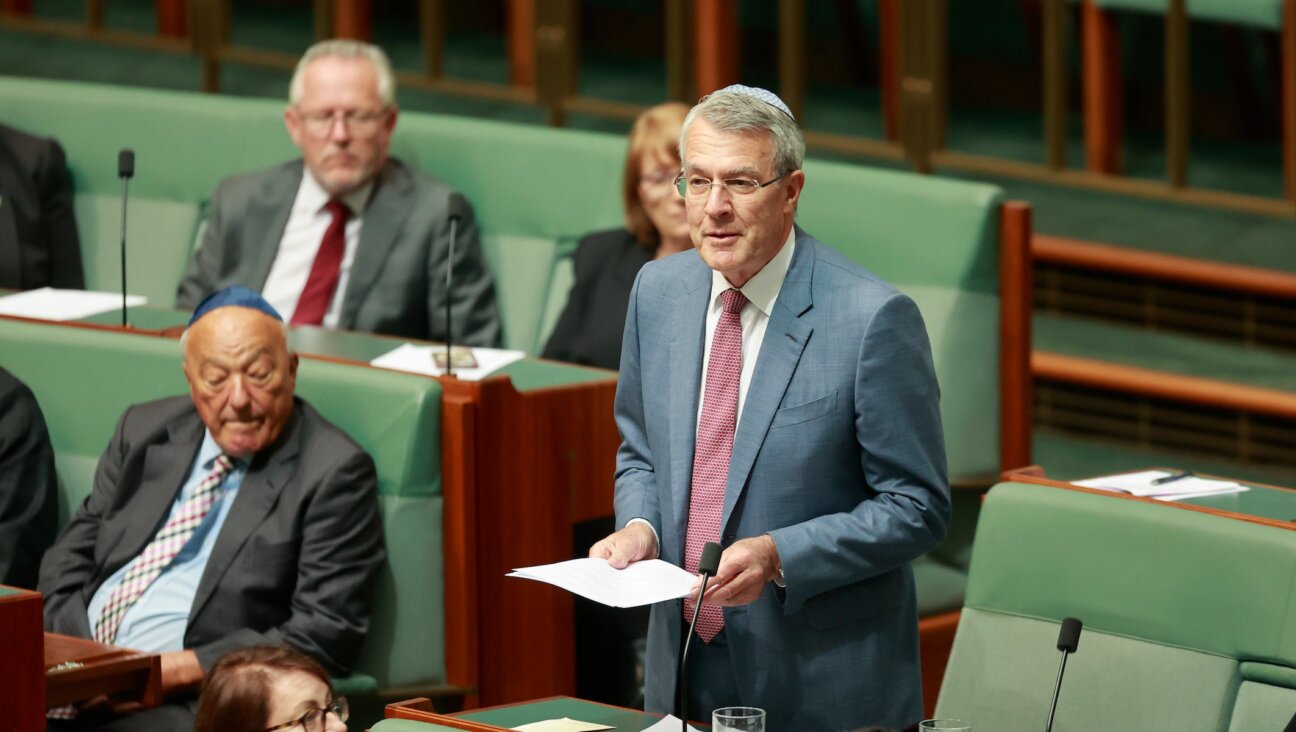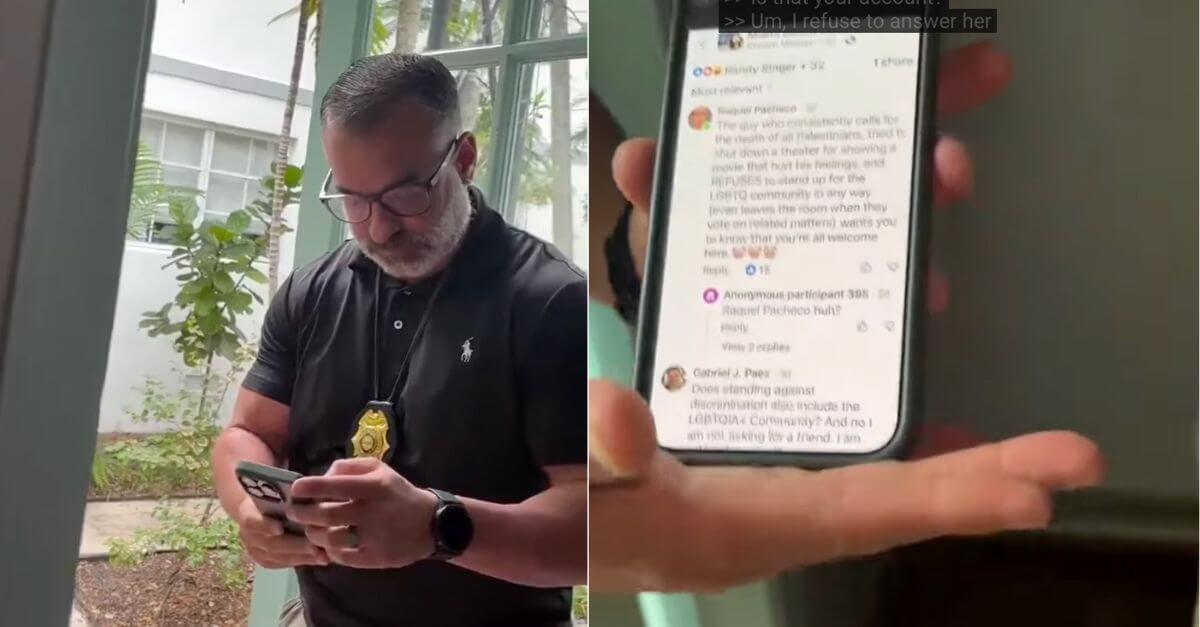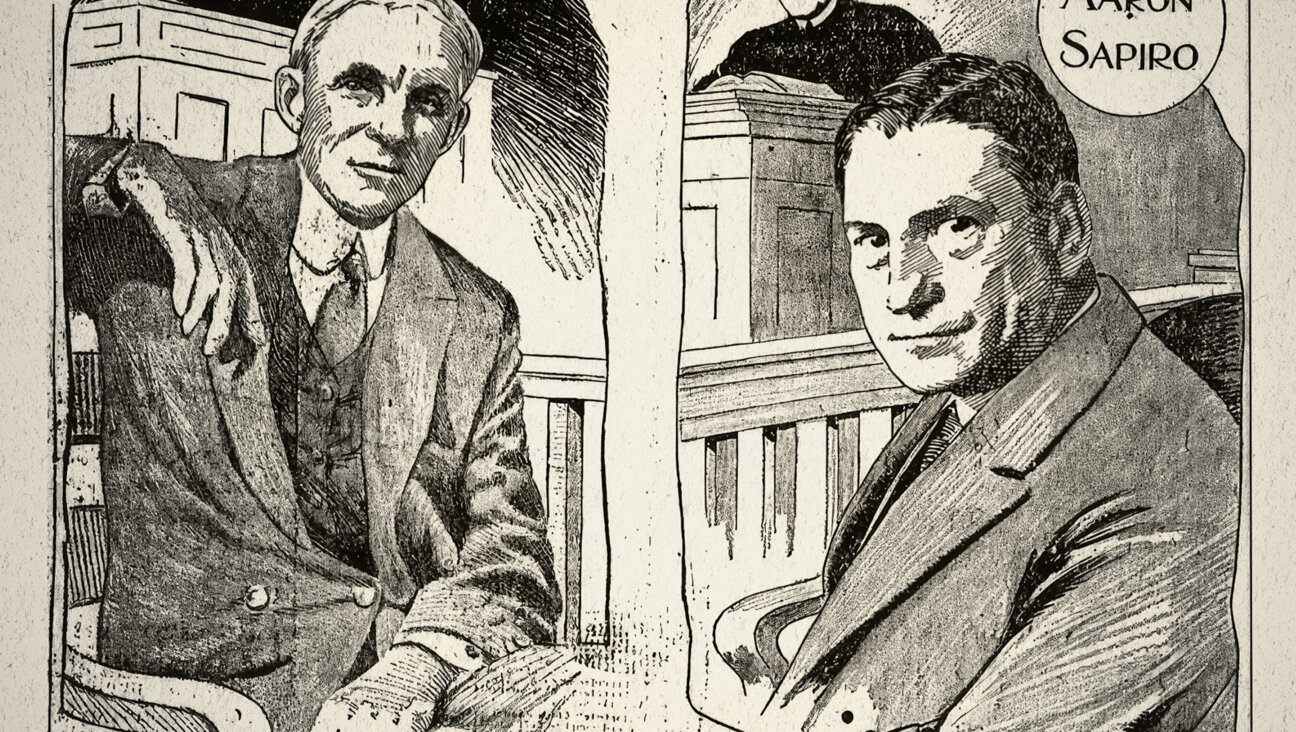President Obama Sends Iran Deal to Wary Congress

Image by getty images
President Barack Obama’s administration sent a nuclear agreement with Tehran to Congress on Sunday and Israeli Prime Minister Benjamin Netanyahu urged U.S. lawmakers to reject a deal he said would only feed an “Iranian terror machine.”
In a first concrete sign of European determination to quickly rebuild economic and political ties with Iran after a 12-year standoff, German Economy Minister Sigmar Gabriel arrived in Tehran with an economic delegation. Other European powers were expected to follow.
Obama has promised to exercise his veto if Congress rejects the deal, which curbs Iran’s nuclear program while allowing an easing of economic sanctions.
Overriding it would require a two-thirds majority of both the House of Representatives and Senate, so the administration is working to win over enough of Obama’s fellow Democrats to offset strong Republican opposition.
In an unusual move, Obama took three Democratic congressman golfing with him: Joe Courtney of Connecticut, Ed Perlmutter of Colorado and John Yarmuth of Kentucky. The president more often taps aides and friends for weekend golfing.
“I think the right thing to do is merely not to go ahead with this deal,” Netanyahu said on CBS’s “Face the Nation” as he continued a string of U.S. media interviews denouncing the deal reached on Tuesday between Iran and six major powers.
“There are many things to be done to stop Iran’s aggression and this deal is not one of them,” he said.
U.S. Defense Secretary Ash Carter, arriving in Israel on the first visit by a U.S. cabinet official since the agreement, told reporters on his aircraft: “I’m not going to change anybody’s mind in Israel. That’s not the purpose of my trip.
“Friends can disagree but we have decades of rock-solid cooperation with Israel.”
Carter is also touring Jordan and Saudi Arabia, which both eye the prospect of increasing Iranian influence in the region with some suspicion.
IRANIAN RECOGNITION OF ISRAEL
Tehran denies Western and Israeli accusations it has been using a research program as cover for ambitions to develop atomic weapons. President Hassan Rouhani said on Saturday he expected the deal would lead to closer relations with Tehran’s neighbors in the Gulf region, while Supreme Leader Ayatollah Ali Khamenei said Iran remained at odds with the West.
It was on Khamenei’s words that Netanyahu seized, speaking to his cabinet on Sunday.
“The Iranians are not even trying to hide the fact they will take advantage of the hundreds of billions they will receive via the agreement to arm their terror machine,” he said. “And they say explicitly they will continue their struggle against the United States and its allies, Israel of course above all.”
Germany’s Gabriel, due to meet President Hassan Rouhani and several ministers, told German newspaper Bild he would use his three-day trip to suggest Germany could serve as a mediator between Iran and arch-enemy Israel. He said he would insist the Iranian government recognize Israel’s right to exist.
“Really stable, good relationships with Germany will only be able to develop if this is accepted in Iranian politics. I will keep making that clear during my trip to Iran,” Gabriel said in comments due to be published on Monday.
British Prime Minister David Cameron said world powers could now press Tehran on other issues such as its involvement in Syria in support of President Bashar al-Assad. “We shouldn’t be naïve or starry eyed in any way about the regime that we’re dealing with,” he said in an interview with NBC News.
Opponents of the deal argue it does not provide enough supervision of Iran’s nuclear program.
Secretary of State John Kerry, who led the U.S. delegation to the talks with Iran, was asked on “Fox News Sunday with Chris Wallace” why the deal did not provide for inspections anywhere anytime.
“The fact is, that in arms control, there is no country anywhere on this planet that has ‘anywhere, anytime’,” he said. “There is no such standard. There is no such standard within arms control inspections.”














